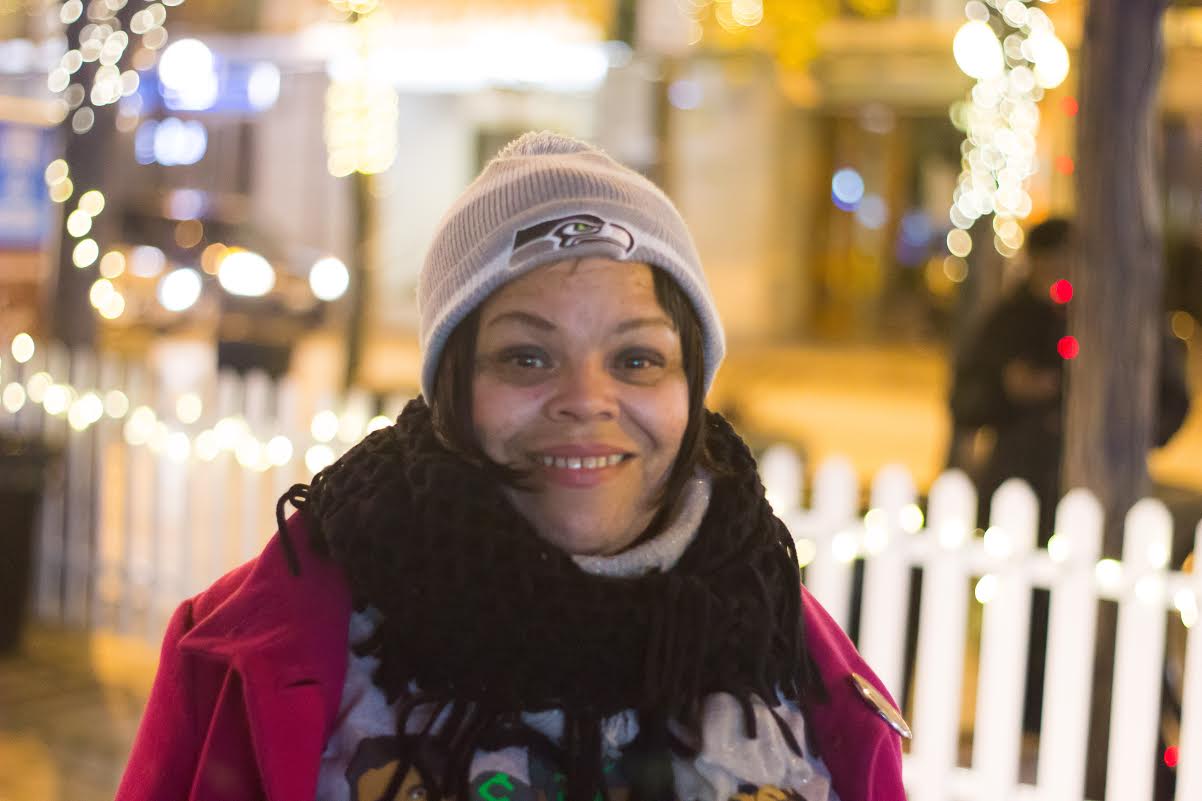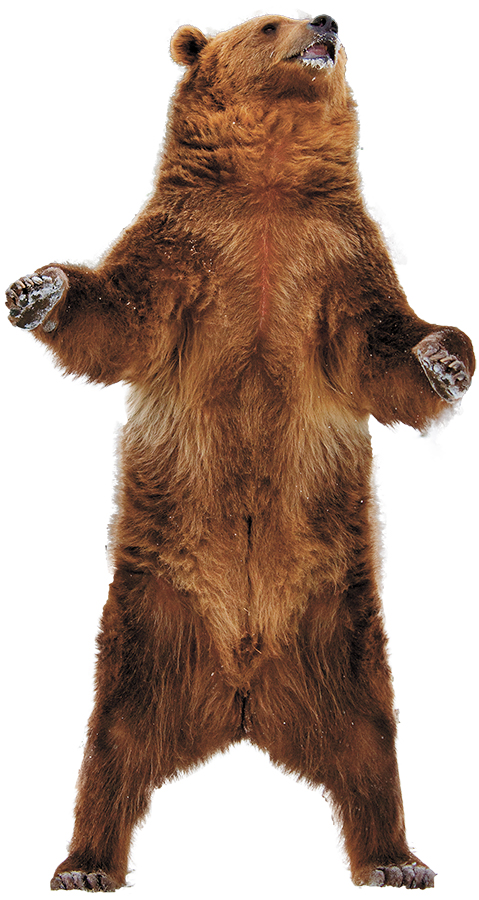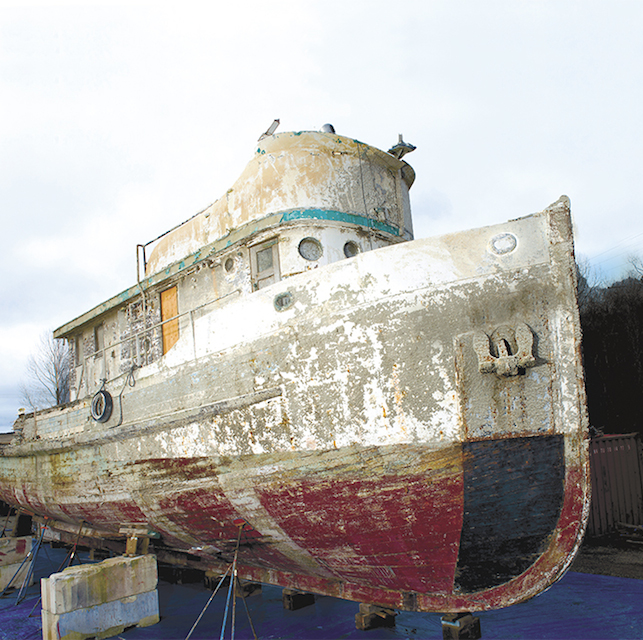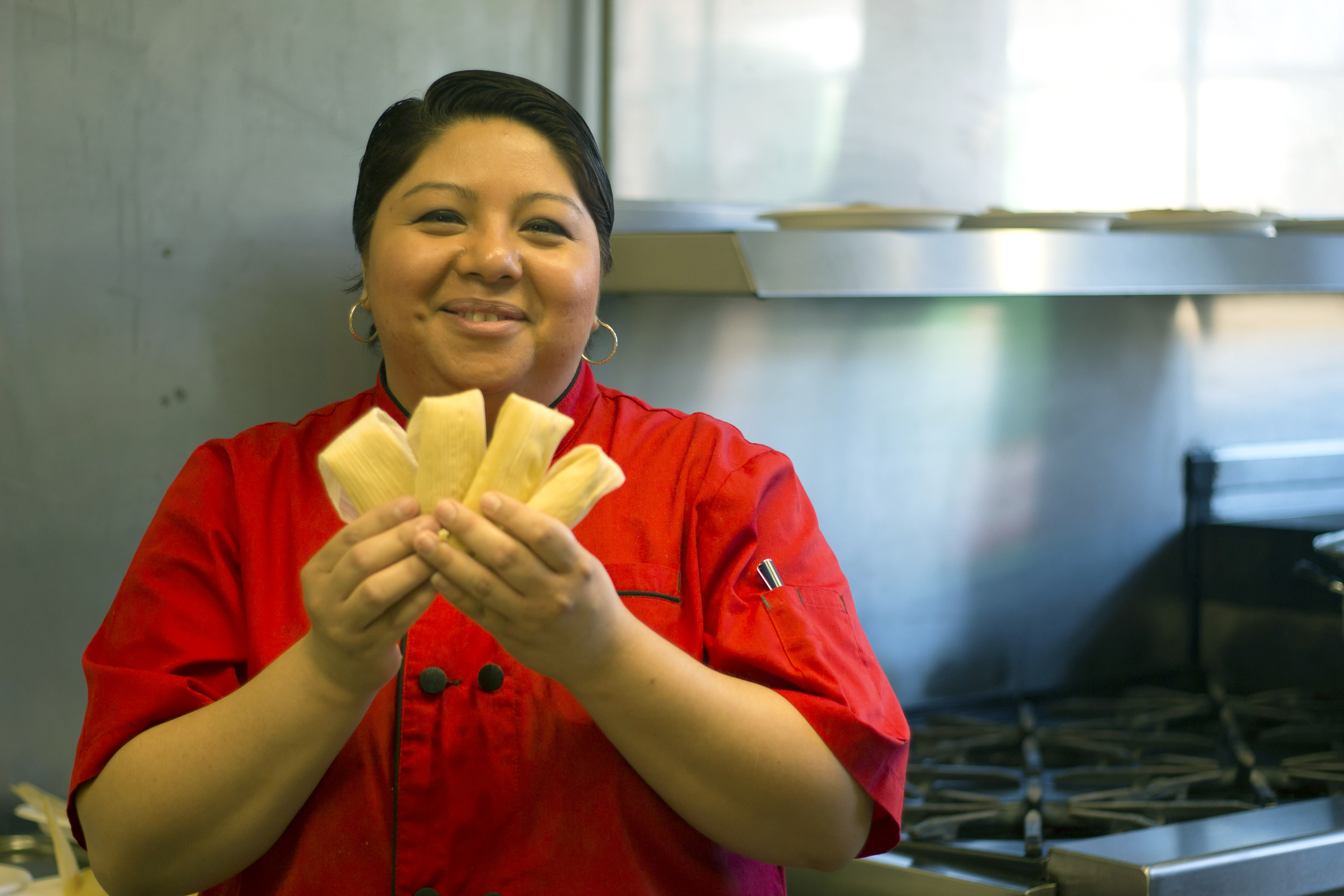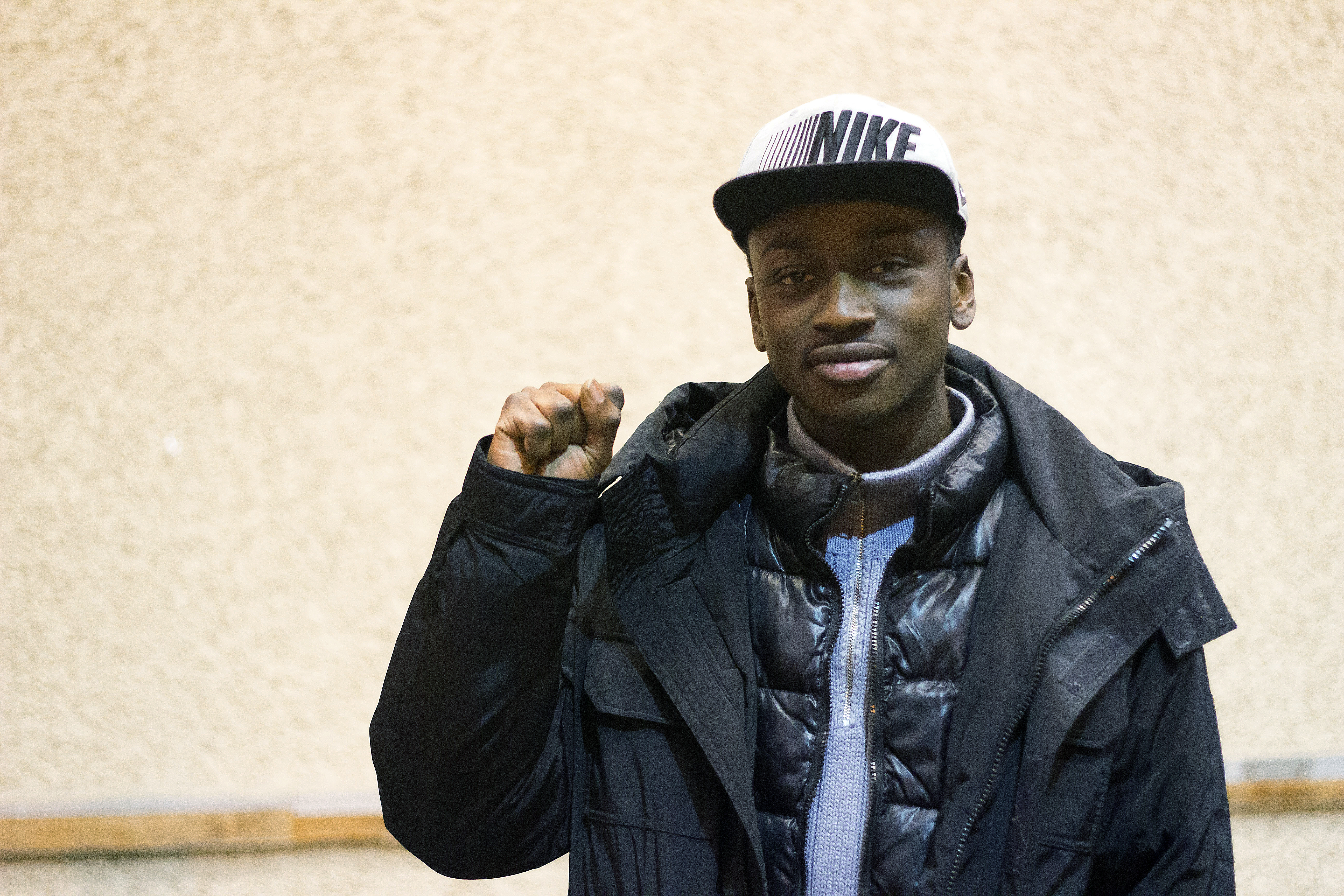If you’ve been to a protest in Seattle, chances are you’ve seen Queen Pearl. Born and raised here, Pearl comes from a long line of activists. Her aunt took part in civil-rights marches in D.C.; and as a child, she remembers going to community meetings and protestmarches.
Now, at 59, Pearl’s a good deal older than the average protestor in Westlake Park, prompting one fellow protestor to recently remark that she reminded him of his grandmother. While her fights typically place her at community meetings, they can also bring her to the streets—as on a Monday-night protest earlier this month. When she arrived, she admitted she was a bit late. “But,” she added, “better late than never.”
Why are you out here, Pearl? Solidarity. Like any movement, you need solidarity. You can’t be lackadaisical. You have to keep moving, keep the ideas and your voices flowing. You have to keep going until you reach a conclusion.
And what conclusion would that be? It’s difficult because we’re dealing with law enforcement.
Why does that make it more difficult? Well, with any change, there are layers. There are commissions and councils and groups whose entire job it is to create and enact changes in our policies in government. If you want change, you have to go through them, you have to play by their rules. And when the police are involved, it only makes it more difficult, because those groups have relationships with the police. Even our community leaders are embedded in relationships with the police forces.
Do you think recent protests, like Occupy, were easier because they weren’t targeted at law enforcement? Maybe, but even that didn’t make a big enough change.
How so? As a black female, I still have government issues, I still have housing issues. My housing situation hasn’t changed. [Pearl lives in subsidized housing.] The Occupy movement is over, but the problems and the pain still occupy me.
What would make these protests more effective? First, I don’t think there are enough black participants. I don’t know why they aren’t out, but the numbers just aren’t there. It could be that our black community simply isn’t as large; but I look at demonstrations in places like Oakland and New York, and I think that having a strong black presence at the protests helps their cause. Second, we need leaders like we used to have. We need people to lead and organize to make change, just like Dr. King and Malcolm X did. If people back then didn’t have strong leaders, I’m not sure the changes they brought on would have occurred.
news@seattleweekly.com
Profiles in Protest is an ongoing series spotlighting local activists involved in the Black Lives Matter protests. Read more interviews with The Maoist, The Vacuum Cleaner Salesman, The Donut Lady, The Guy Fawkes Guy, The Master Student, and The Happy Warrior.
